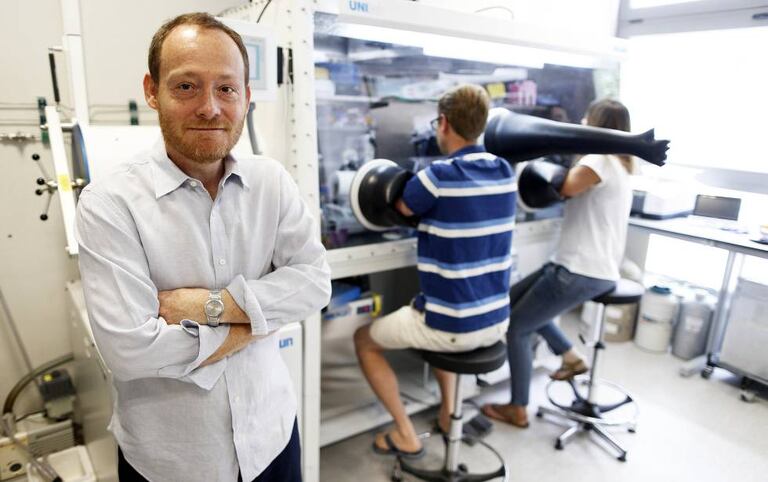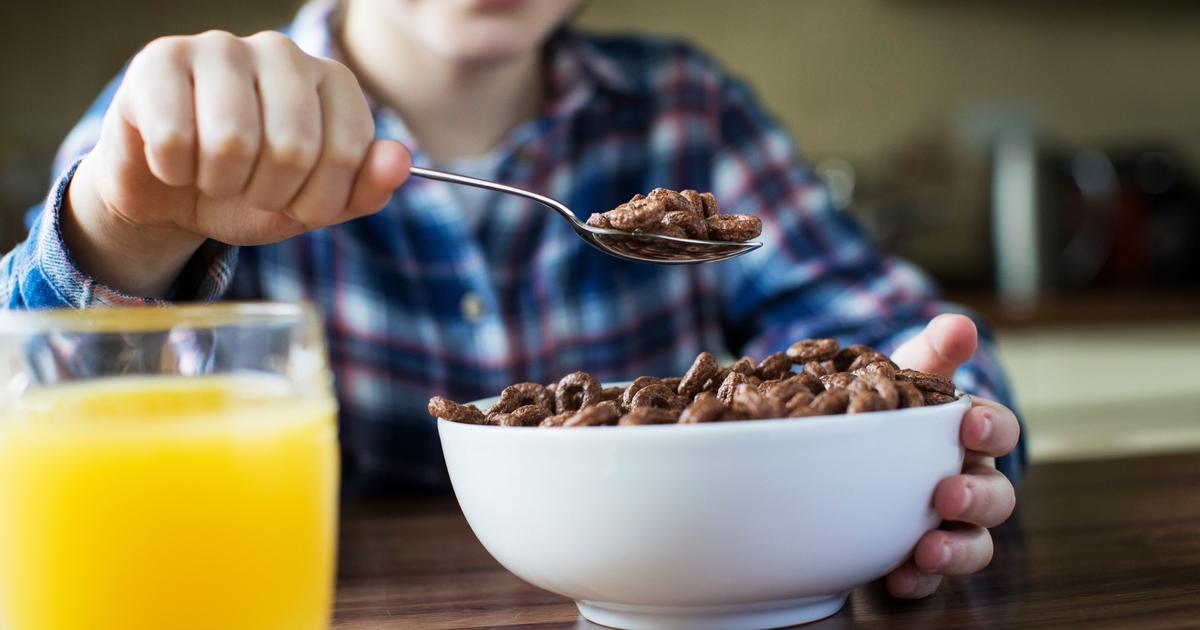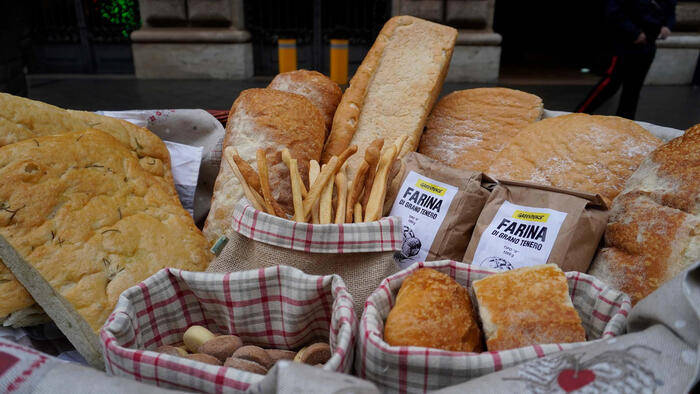Luis Manuel Rubio, at the Center for Plant Biotechnology and Genetics (Madrid). Álvaro García
Every day 821 million people go to bed hungry.
The number of hungry people in the world has been increasing for several years and is likely to do so even more due to the scourge of the covid pandemic.
In this, as in many of the other great problems of humanity, science can play a decisive role by developing new crops capable of feeding a growing world population, especially the poorest.
Since 2011, the Spanish biologist Luis Manuel Rubio has been working on the development of one of those crops: rice and corn that are capable of producing twice as much food as at present.
Rice is specially designed to be grown in the poorest countries in Asia and corn in those in Africa.
Rubio's group just received $ 6.2 million from the Bill and Melinda Gates Foundation to continue the development of these super cereals.
Since 2011, the same team has already received two other rounds of funding that together amount to about eight million dollars, explains this researcher from the Center for Plant Biotechnology and Genomics (UPM-INIA).
"The term in English to define this type of donation is
charity
, charity in Spanish, but I do not like to see it like that, what we are looking for is to fight hunger", explains Rubio.
The ultimate goal is to create a kind of superheroes of agriculture.
Thanks to special genetic sequences donated by microbes, the grains could generate twice as much product without the need for the fuel that currently fuels the growth of crops around the world: chemical nitrogen-based fertilizers.
This product became popular since the
green revolution
of the 1960s, based in part on the introduction of rice and corn variants that responded exceptionally to nitrogen.
One of its greatest supporters was the Texan agronomist Norman Borlaug, who is credited with saving 245 million lives with his crops and who won the Nobel Peace Prize in 1970.
The abuse of nitrogen in richer countries has created a global crisis of saturation of rivers and seas that have generated "dead zones" in bodies of water around the world, including Spain
The problem is that this model has grown into deformity and currently poses serious problems for the world's poorest countries, as their farmers cannot buy the necessary fertilizers.
In addition, the abuse of nitrogen in richer countries has created a global crisis of saturation of rivers and seas that have generated "dead zones" in bodies of water around the world, including Spain.
Rubio's idea is to create new varieties of rice and corn with a capacity that hardly any plant, fungus or animal has: absorbing nitrogen from the air and feeding on it, which can reduce or even eliminate the use of synthetic fertilizer.
Certain bacteria do have this ability thanks to the genes that produce the protein nitrogenase.
In this third phase of the research, the team will “massively” introduce between 10 and 20 genes responsible for the production of nitrogenase in yeast cells to demonstrate whether these genetic tools borrowed from bacteria can work in another organism in which they are introduced deliberately.
It is a step prior to the development of corn or rice seeds with the same capacity.
In global terms, the change would be minimal.
Rice has many more genes than a person: about 56,000, while the change introduced is only about 20 genes, 0.3% of its entire genome.
"Getting these cereals to produce the protein nitrogenase is very complicated," says Rubio.
“This protein is deactivated in a few seconds if there is oxygen, so we have to work in anaerobic chambers.
This type of harvest may still take 20 years or more to arrive, and for this we need continued financing ”, he confesses.






/cloudfront-eu-central-1.images.arcpublishing.com/prisa/Q3R3DI62AJHR7AGTRNQPF2AHCI.jpg)

